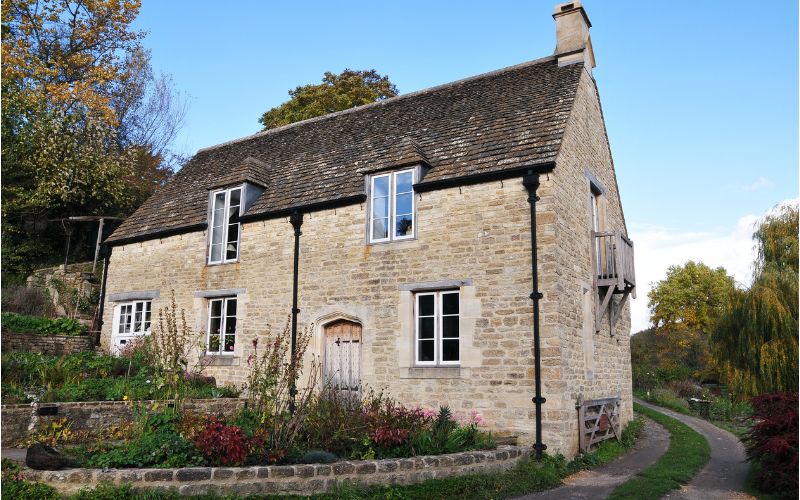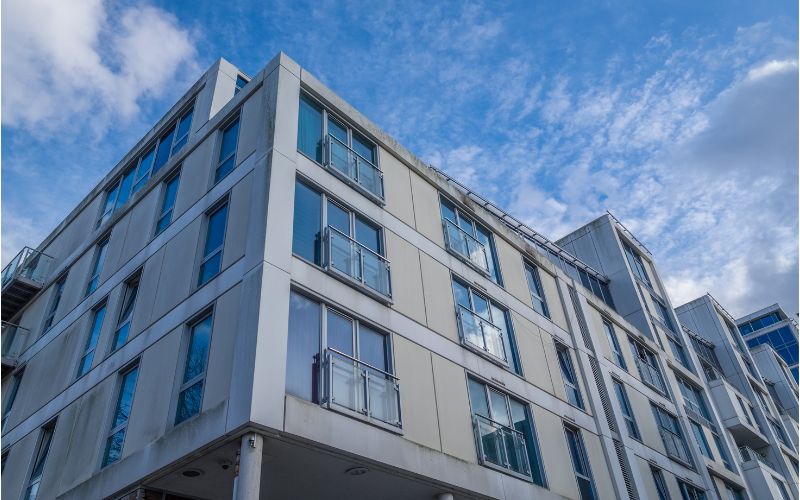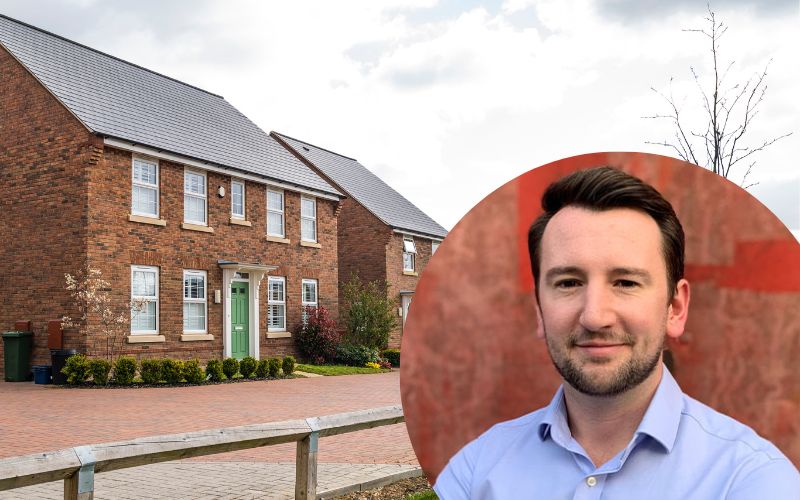When you are purchasing a property, whether it’s residential or commercial, making an informed, confident decision is best. But, on top of such an investment the thought of spending even more money can lead to the question of whether you really need that all ‘important’ survey.
It’s the building equivalent of a car’s MOT but as it is not a legal requirement and is an extra cost, it can be easily disregarded. So perhaps the question should really be, could you confidently buy a car without the MOT?
A home or commercial property is an even greater investment, so ambiguity could cost you. So why risk it?
A property survey is often an underestimated tool that can provide peace of mind and save you huge amounts of money in the purchase and in the long run. But what exactly is it and why do you need one?
What is a property survey?
A survey is an expert inspection of a property’s condition in order to identify any problems for prospective buyers, and to confirm its structural integrity.
The report put together by the surveyor will identify any major repairs, risks or problems. They will look for structural issues such as subsidence or unstable walls, consider problems such as damp or cracks, whilst providing an opinion on the buildings main services including foul and surface water drainage.
How can a property survey help me?
- Save money.
Get the most from your investment; by identifying faults and highlighting remedial costs with a professional report, you could renegotiate the purchase price. Don’t get stung by unexpected costs which later may jeopardise finances or savings destined for the future. - Make an informed decision.
Remove any ambiguity and understand the current condition of the property so you can decide whether it is the right investment for you and whether you can afford the repairs and maintenance required. - Have confidence in your investment.
A surveyor has a wealth of experience, is expertly trained and will look at the property objectively and in much more detail than you in order to offer an impartial, thorough analysis so you can have peace of mind.
Choose an expert
When choosing a surveyor, it’s important that they are regulated by a professional body, such as RICS, the Royal Institution of Chartered Surveyors. ‘A globally recognised professional body with respected global standards that promote and enforce the highest professional standards in the development and management of land, real estate, construction and infrastructure.’
Which survey do I need?
Residential properties
There are several types of report for residential properties. The type of report you choose should be based on the condition of the property, not the cost of the survey.
RICS offer three levels of reports, from the most basic Condition Report (Level one), recommended for standard homes in a good condition or relatively new properties. The Homebuyer Report (Level two), available with or without a valuation, recommended for properties in a reasonable condition, and the Building Survey (Level three), which is recommended for older buildings (50+ years) or renovation properties.
As a firm we offer the RICS Level 3 Building Survey. It is a comprehensive non-intrusive survey which reports on the overall condition of the property, the construction, and any defects found within the property. Further to this, the report provides reasoned advice on how to resolve any defects found alongside estimated budget costs. This allows a purchaser to fully understand the cost and time implications of taking on a subject property. Utilising this information can also facilitate reasoned reductions in purchase price to accommodate the cost of works that must be undertaken.
The Level 3 report can also be tailored to suit your requirements and go into further detail on elements you highlight to the surveyor, such as budget costs for intended renovation works.
For new build properties we would suggest a Snagging Inspection.
Commercial properties
Commercial properties are very different to residential ones; from their more complex construction, from building materials which have their own unique issues, to their stricter legislation and regulations, making it even more important to carry out a professional survey.
Commercial properties are usually more of an investment which means more pressure to minimise costs and maximise revenue. A survey will not only highlight major faults and repairs required at the time of purchase, but it will identify health and safety risks associated, which could leave you liable, whilst also assisting in a strategy for ongoing maintenance and repairs of the property.
The future of home surveys
Following a thorough consumer consultation, 2020 is going to see a new Home Survey Standard to replace all previous statements for all levels of condition surveys and guidance notes set by RICS. The new system will call for a much clearer, more consistent and transparent process that will better protect buyers and sellers.
As of June 2020 all RICS members are to follow the new standard which will be the new benchmark, not only streamlining systems but providing a professional statement which sets out mandatory requirements for all professionals to follow, with the aim to improve the buying and selling process for all.




